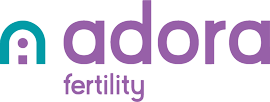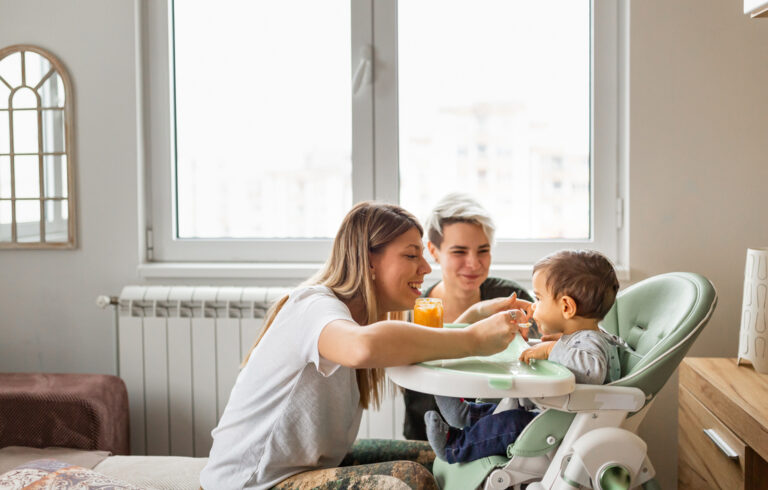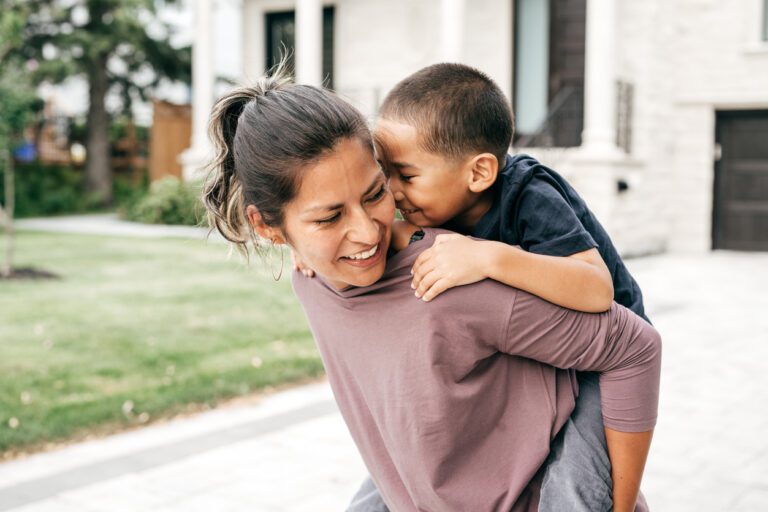Donor eggs in Australia: What to know
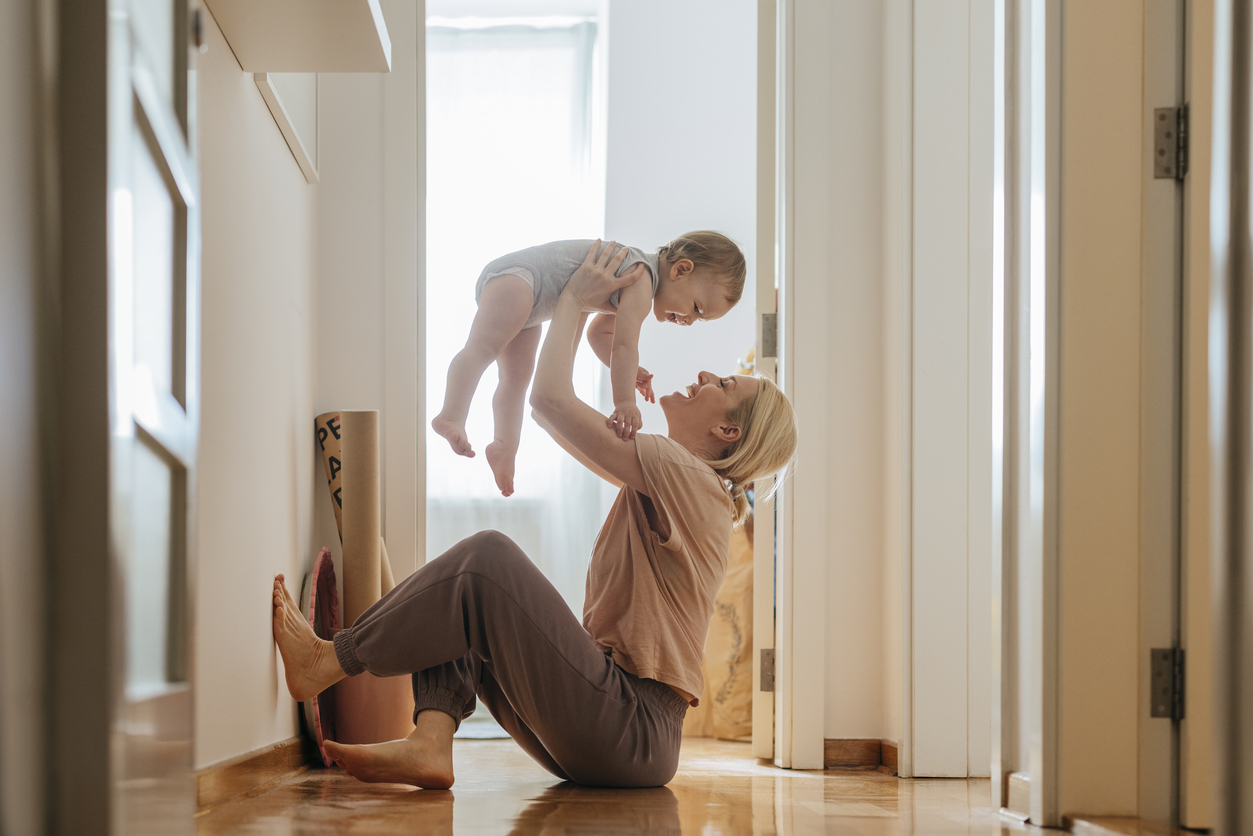
Donated eggs can support people who need them to have a family of their own. There are guidelines in place to ensure the health and wellbeing of all people involved in the assisted reproduction process. Find out more.
Donor eggs in Australia: What you need to know about accessing or donating eggs
There are many reasons why people may seek donor eggs in Australia to start their families. From older women, to those who have had their ovaries removed, or a range of other medical conditions, accessing donor eggs in Australia is an important support for many people.
Donor eggs are also used in surrogacy or to assist women who have difficulty conceiving or carrying the pregnancy to term. In fact, about one in 20 treatment cycles in assisted reproduction use donor eggs, according to the Fertility Society[1], More people are seeking donor eggs in Australia and around the world than the number of donors that are available[2].
Reasons to access donor eggs
There are many reasons why people may need to access donor eggs. This includes age-related infertility, premature failure of the ovaries or poor egg quality, genetic disorders for single women, or gender or sexually diverse men who require surrogacy.
- Age-related infertility: As women age, the quality and quantity of their eggs decline, which can reduce the likelihood of conception and carrying a baby to term. Donor eggs from younger women can provide a higher likelihood of successful pregnancy and healthy childbirth.
- Poorly functioning ovaries: Some women experience premature menopause or premature ovarian failure, where their ovaries stop functioning before the age of 40.
- Poor egg quality: Some women may have eggs with poor quality or genetic abnormalities, making it difficult to conceive or carry a pregnancy to term. Donor eggs can help overcome this issue.
- Genetic disorders: Couples who carry certain genetic disorders may opt for donor eggs to reduce the risk of passing on the genetic condition to their offspring.
- Failed previous fertility treatments: If a woman has undergone multiple unsuccessful attempts at fertility treatment, including in vitro fertilisation (IVF), donor eggs may be recommended as an alternative to increase the chances of pregnancy.
- Absence of ovaries: Women who were born without ovaries or had them surgically removed require donor eggs to achieve pregnancy.
- Same-sex couples who want to have a family.
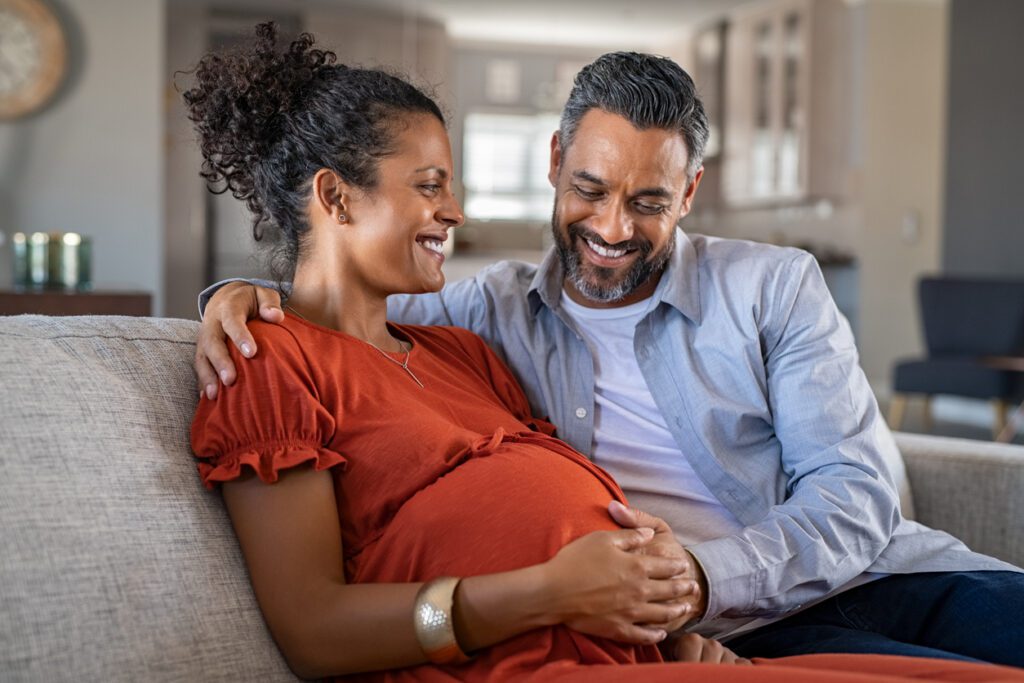
Eligibility for donating eggs
If you are considering donating your eggs, in order to protect everyone involved – and to minimise risks to any potential children who are born – there are some standard requirements.
Women must be between 18 years old and 35 years old in order to donate their eggs to a clinic. If you are donating your egg to a known donor and are older than 35 years, there may be discretion from the treating medical specialist. The age restrictions are because the egg is the biggest factor impacting fertility in assisted reproduction.
As a potential donor, you should be fit and healthy, with no known genetic disorders. Egg donors may not have had any treatment for clotting factors, an organ transplant, or human growth hormone. Those who test positive for HIV, hepatitis B or hepatitis C are also deemed ineligible.
In the last 12 months, donors should not have had sexual activity with someone who is known to have HIV, or received payment for sexual services, used injectable illegal drugs, been in prison, had a blood transfusion or been a smoker. These restrictions are imposed to try to make sure the potential baby has less risk to health conditions.
As part of Adora’s known donor program, costs associated with egg donation are covered by the recipient, and your donation must be altruistic, meaning you cannot receive payment for your donation beyond reasonable medical expenses.
The egg donation process
Once the decision has been made to donate your eggs, there is a formal procedure to follow to ensure an efficient and smooth process.
You will have an intial appointment with a Fertility GP, where they will arrange for tests to be completed and a follow up appointment to review the results. Following this you will have an appointment with a Fertility Specialist, followed by an appointment with a counsellor. This provides an opportunity to discuss the egg donation and ensures you feel comfortable with your decision. Donors have no legal rights or responsibilities for any babies born from their eggs, but they are free to withdraw their consent during the pregnancy.
Once you have been approved for egg donation, the assisted reproductive treatments can start. For women donating their eggs, this involves an IVF cycle to stimulate and retrieve the eggs.
The egg collection process extracts the eggs from the ovarian follicles. To achieve this, you will have a heavy sedation to the point of being completely asleep and not feeling any pain. At Adora this is done in an accredited day surgery under the care of an anaesthetist. Doctors will use ultrasound and a probe with a very fine needle to collect the eggs from the ovaries. It takes about 20 minutes and requires rest afterwards. You will have to be in a hospital for at least half a day, and cannot drive home after the sedation.
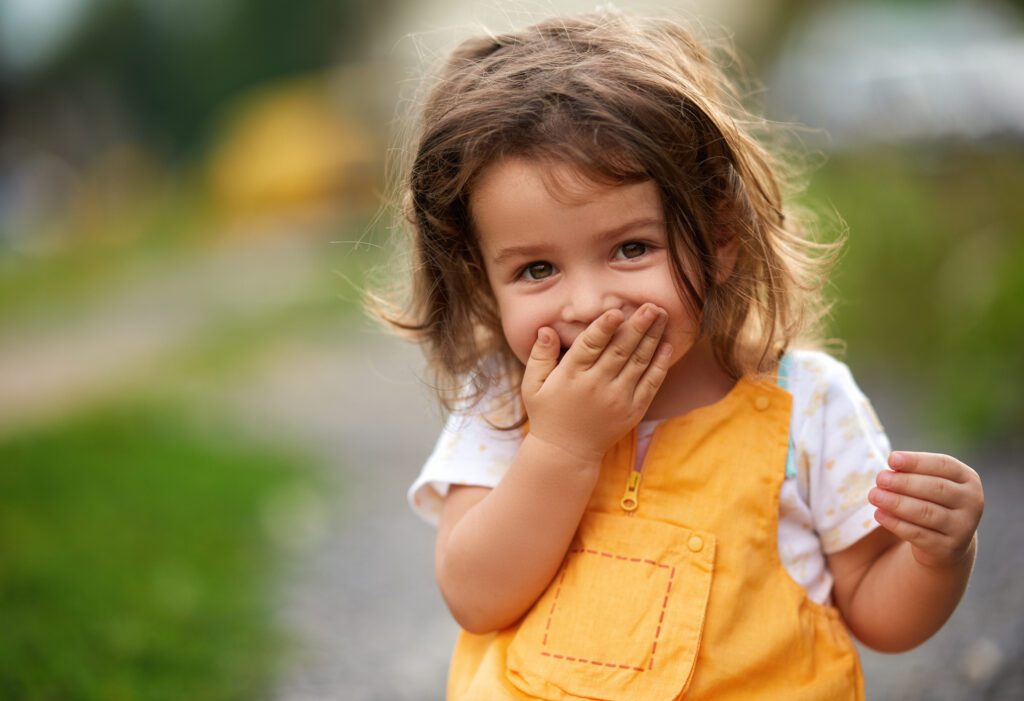
Legal considerations of egg donation in Australia
The legal requirements of egg donation in Australia currently vary from state to state. These laws impose restrictions on the number of babies that can be born from the same donor, for example, which range from five children in New South Wales and Western Australia, to 10 children in Queensland and Victoria. This is despite calls from the peak body for people conceived from donors, Donor Conceived Australia, for nationally consistent regulations.
For donors, it is critical to be aware that the future child is eligible to access your identifying information once they reach the age of 18 years. Clinics are required to provide this information to central registers in each state.
Considering donating your eggs to someone through a known donor arrangement? Contact Adora Fertility to learn more. We have locations in New South Wales, Victoria, Queensland and Western Australia.
